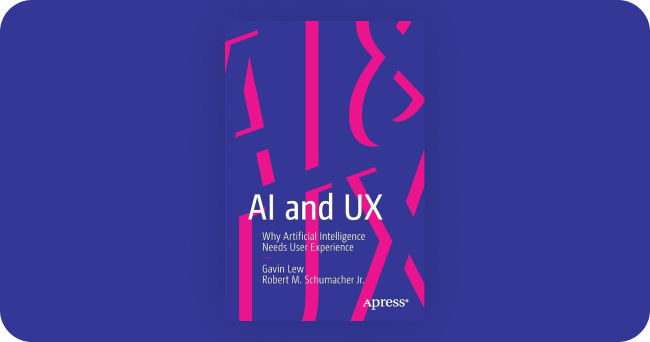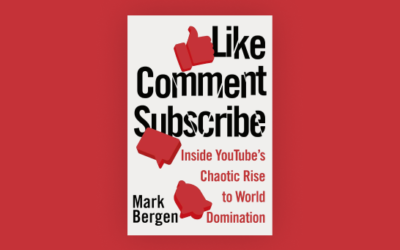Just finished reading ‘AI and UX: Why Artificial Intelligence Needs User Experience‘. It does not talk about Chat GPT –it’s from 2020– but it makes for a decent reading on the not-so-fortunate history of artificial intelligence and a good case for designing it in a way that actually works with people.
It’s clear that the AI-user relationship needs to become a more attuned and transparent one. AI needs to get better at understanding context, and users themselves could help with that if the AI-enabled stuff became more tangible or apparent to them.
Example: I’m at my friend’s place, we’re having dinner together and playing music from her phone. I start adding things to the Spotify queue. The AI will not take into consideration that the person behind these plays is not her but a guest, so these would to impact her recommendations later. Could there be a clear path to communicate this situation to the app? Could the AI recognize the oddities in the listening pattern and discern there’s someone else, to make better sense of these off-character song choices? This is an example of a situation mostly oblivious to recommendation engines: that every now and then it might not be the owner of the account who is using the account.
Take one classic AI feature: spellcheck and autocorrection. It can be helpful as it can be annoying, all depending on context and the personal taste of the user. We cannot assume that all AI-enabled features are going to be desirable always and by everyone. A silly personal example: I hate using uppercases when texting –I like to keep my informal text speech informal– but in Zoom’s chat, a capital letter is added everytime it recognizes the word written is a given name. I go back every single time to delete that uppercase, but the app cannot tell my personal preference. So it remains annoying and I remain annoyed.
AI features could also get better at recognizing the individuality of users, or at allowing it, at least. I don’t even have a quick way to tell the app to stop doing that annoying uppercase thing, and it is definitely not bad enough to make me want to deal with the endless, insufferable pile of settings in Zoom. Unlike my friend, that did go into her settings to activate Spotify’s private mode before handing me her phone, not to ruin her algos with my obssession for SZA’s new album. She does it because she appreciates the feature, but it’s not evident at all that turning on private mode is the way to go to blindfold the recommendation engine. It’s something that has to be learned from outside the UI.
More attunement and better communication between AI and users is what will make the difference. And as this book preaches, that can only be improved by UX.



